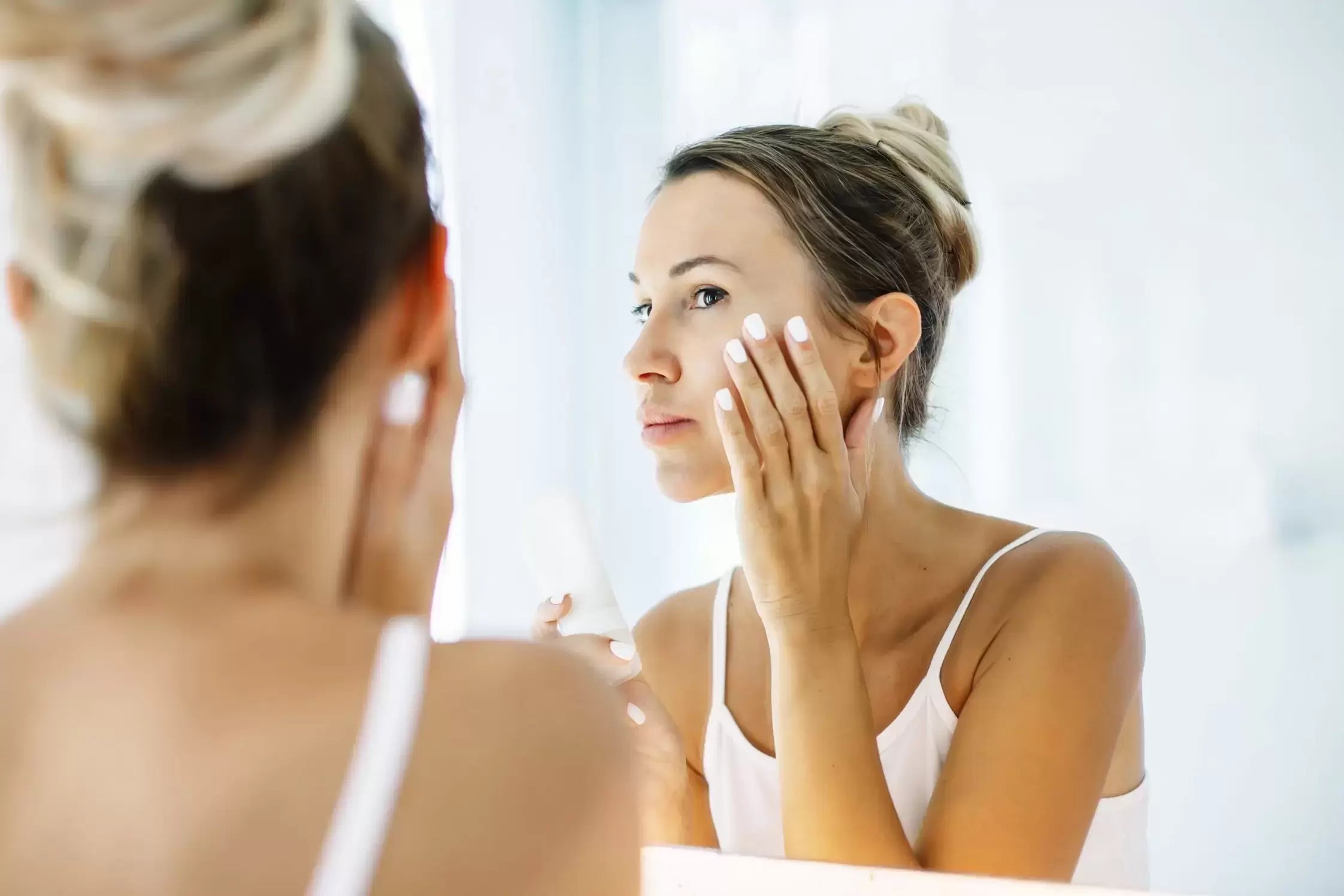
Water shortage is typically the beginning of most skin problems (and most problems in general since it’s the source of life). So it’s super important to understand this issue- hydrating and moisturizing are two different things!
Hydration VS Moisture
Hydrating the skin is simply restoring water loss. Our dermis, which is 10-40 times thicker than the epidermis, stores much of the body’s water supply. Just on its own, its water content is over 60%! Moisturizing actually differs, as most people didn’t know! Moisturizing keeps the water in the skin- think of it as retaining the hydration in your skin. Replenishing water is easy (hydrating) but the real challenge is retaining it.
So now that we know these are two different things, what now? We need to start using the right skincare for our skin and understand which ingredients carry the most strength for retaining moisture.
What are the Best Methods of Skin Hydration?
Hydrating ingredients (humectants)- amino acids, glycerin, hyaluronic acid, polyglutamic acid, panthenol, sodium PCA, etc. When the humidity of the human environment decreases, the hydrating power will also decrease.
Humectants have a water texture to them because they draw water from the air onto the skin, which helps with dehydration, facial expressions, frown lines, etc. Humectants are great for all skin types. When your skin is dehydrated, fine lines and dullness are more noticeable than usual.
Read more: Why Cocoa Butter is the Hydrator Your Skin Needs
What is the Difference between a Humectant and a Moisturizer?
Medium moisturizing (emollient ingredients) - lecithin, cocoa and shea butter, squalane, ceramides, fatty acids, etc. Emollients soften and repair the skin barrier by working as a skin protective that retains hydrating ingredients within the skin cells.
Acne prone skin types are usually misled into believing moisturizing ingredients are bad for the skin; when in reality, the skin's natural oils need to be properly balanced with hydrating and moisturizing ingredients. Just make sure your products are all non-comedogenic, and your skin will improve by tenfold.
High moisturizing (occlusive ingredients) - waxes, oils, lanolin, petroleum, etc. Occlusives create the thickest barrier over the skin, and are recommended for dry skin. Dry skin is typically more sensitive and flakey.
When using retinol and vitamin c, especially during the winter, occlusive moisturizers are your skin's best friend. Active ingredients can cause sensitive skin, so make sure you're showing some skin love this fall!
What is the Hydra+ Cream?
The Hydra+ Cream is a blue dream cream for your skin. It has the perfect balance of hydrating and moisturizing ingredients, and is a water based moisturizer. Although it does contain butters and avocado oil, the percentage is low enough for all skin types- dry, oily, combo, you name it.
It layers beautifully under a fresh face of makeup, and protects the skin microbiome. This peptide moisturizer is a perfect addition to your current skincare regimen.
Since water content in the skin decreases with age (thanks a lot nature), the amount of sebum begins to increase during adolescence, reaching its peak at the age of 20-30 but decreases by 40. So all-in-all, when shopping for the right moisturizer, remember that cost doesn’t always equal quality.
Focusing on how the product feels on the skin can also be deceiving since so many formulations can feel moisturizing, but actually aren’t. Our best recommendation is to find a balance between both hydrating and emollient ingredients for your skin, complimented by peptides and skin soothing goodness.
So stay informed and stay hydrated beauties!

Comments (0)
Back to MIRACO BEAUTY BLOG